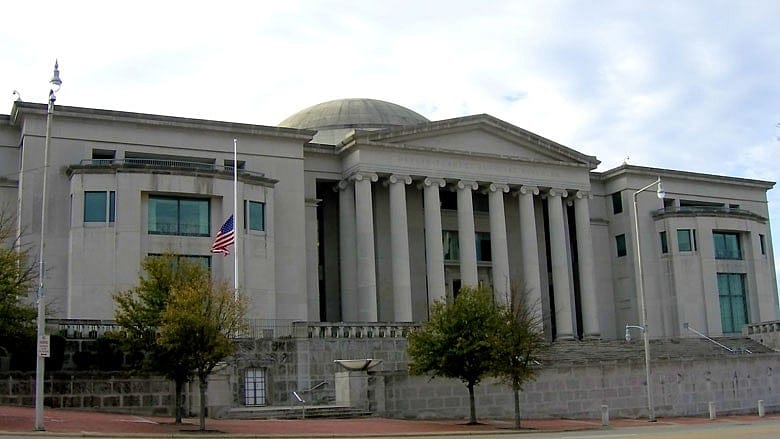State Supreme Court: SCOTUS majority marriage opinion is ‘illegitimate decision’ (but still law?)

The Supreme Court of Alabama today issued a long-awaited decision in Ex Parte State of Alabama, which concerns whether Alabama probate judges are at liberty not to issue marriage licenses to same-sex couples. The court decided to dismiss all petitions and motions in the case. By dismissing (as opposed to denying the motions on the merits), the court avoids creating new precedent on the precise reach of the decision of five justices of the U.S. Supreme Court to redefine marriage in the case Obergefell v. Hodges. And justices concurring in today's decision insist that the Obergefell decision is judicial overreach. Yet they order a judgment of dismissal, nonetheless.
Of the concurrences, Chief Justice Moore's is likely to receive the most attention. But Justice Parker's should be read. Obergefell, Parker opines, "is a decision not based on law, but on the bare majority's philosophy of life." The Obergefell majority's assertion of the power to redefine marriage is not law but "judicial despotism."

